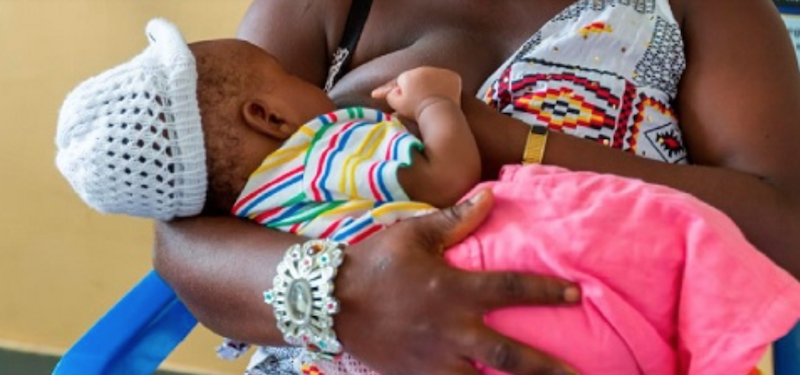As the world marks World Breastfeeding Week from August 1st to 7th, it is an opportune moment for Nigeria to reflect on the intersection between maternal health, child nutrition, and the economy. The theme for 2025, “Breastfeeding and Work: Let’s Make It Work!,” resonates deeply in a country where millions of women juggle employment, informal labour, and family responsibilities—often without adequate support systems.
At first glance, breastfeeding may seem like a personal or health issue. But it is also a critical economic matter. According to the World Bank, malnutrition in early childhood, including poor breastfeeding practices can lead to irreversible damage to cognitive development, lower productivity in adulthood, and lost economic potential. In Nigeria, where 37 percent of children under five suffer from stunting, the economic costs are staggering: studies estimate that malnutrition could be costing Nigeria as much as 11 percent of its GDP annually.
Breastfeeding, especially exclusive breastfeeding for the first six months of life, is one of the most cost-effective interventions to improve child survival and future human capital. Yet, according to the 2021 Nigeria Multiple Indicator Cluster Survey (MICS), only 34 percent of infants under six months are exclusively breastfed. The reasons are not mysterious: short maternity leave (just 12 weeks in the formal sector), lack of breastfeeding facilities at workplaces, cultural misconceptions, aggressive marketing of formula, and limited public awareness all combine to undermine this essential practice.
This week must not be a symbolic gesture. It should be a wake-up call for economic policy reform. If Nigeria is serious about building a resilient and inclusive economy, breastfeeding needs to be treated as a national development priority. Several strategic actions could make a difference:
Extend maternity leave to at least six months, in line with WHO recommendations, and incentivise employers—especially in the private sector—to comply through tax credits or subsidies.
Invest in workplace breastfeeding policies, such as crèches, nursing breaks, and lactation rooms, especially in government offices and major industries.
There is also the need to strengthen the enforcement of the International Code of Marketing of Breastmilk Substitutes, to reduce the harmful influence of infant formula companies.
Promoting breastfeeding in the informal economy, which employs over 80 percent of Nigerian women, is also important. This could involve integrating breastfeeding support into community health programmes and providing social safety nets for new mothers.
Launching a national media campaign, using local languages and influencers, to normalise breastfeeding and dismantle harmful myths is sina qua non to this goal.
The future of Nigeria lies in its human capital. And human capital begins with healthy children nourished from birth. Every naira invested in breastfeeding returns many times its value through reduced healthcare costs, increased school achievement, and improved workforce productivity. It’s not just a maternal or child health issue; it’s an economic imperative.
As we celebrate World Breastfeeding Week, let Nigeria rise to the challenge—not just with words, but with policies, investments, and political will. Because a breastfeeding nation is a thriving nation.





